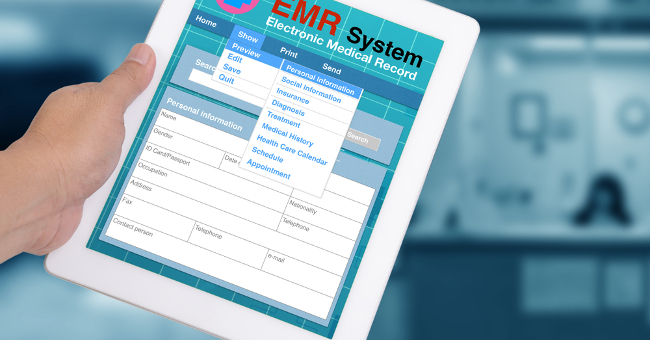The push for paperless wellbeing records is in excess of an innovative headway. It began with the Health Information Technology for Economic and Clinical Health (HITECH) Act, instituted by President Obama in 2009, and administered as a major aspect of the American Recovery and Reinvestment Act of 2009 (ARRA), or Stimulus Act, which assigned $36.5 billion for the medicinal services industry to change over electronic therapeutic records (EMR) from paper to electronic structure. This incorporates assets to enlist EHR/EMR sellers and experts and give motivating forces to Medicare and Medicaid suppliers pushing toward EMR usage. As EHR execution is upheld, future motivators will be made accessible to EMR suppliers. The usage cutoff time for therapeutic information transformation is 2015.
EHR: The Pros and Cons
EHR points of interest are various. A key explanation is a thought that EHRs can spare lives by diminishing human blunder. For instance, if doctors and attendants have significant electronic therapeutic data readily available, fewer deferrals are normal in new treatment and basic consideration. EHRs are likewise helpful to patients, with the end of the dreary procedure of revealing therapeutic chronicles to new guardians.
Conclusion
Secrecy laws, in any case, need further investigation, and EHR security may be tweaked, particularly as far as to conduct and substance misuse records. Another issue is EHR usage in littler medicinal practices with practically zero IT support.
